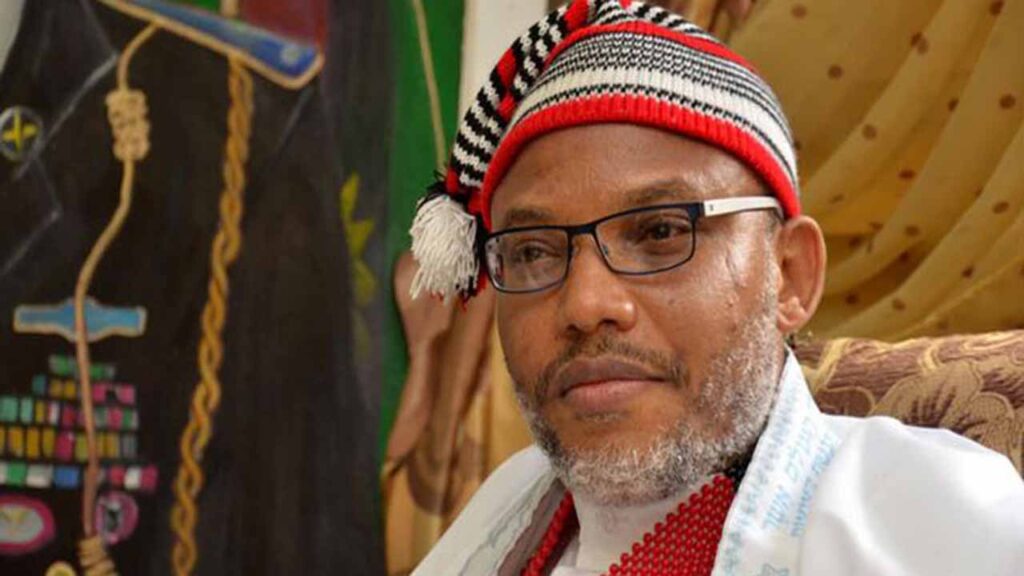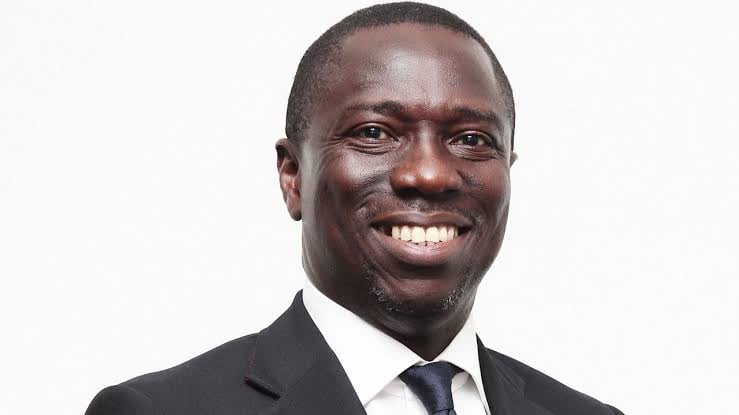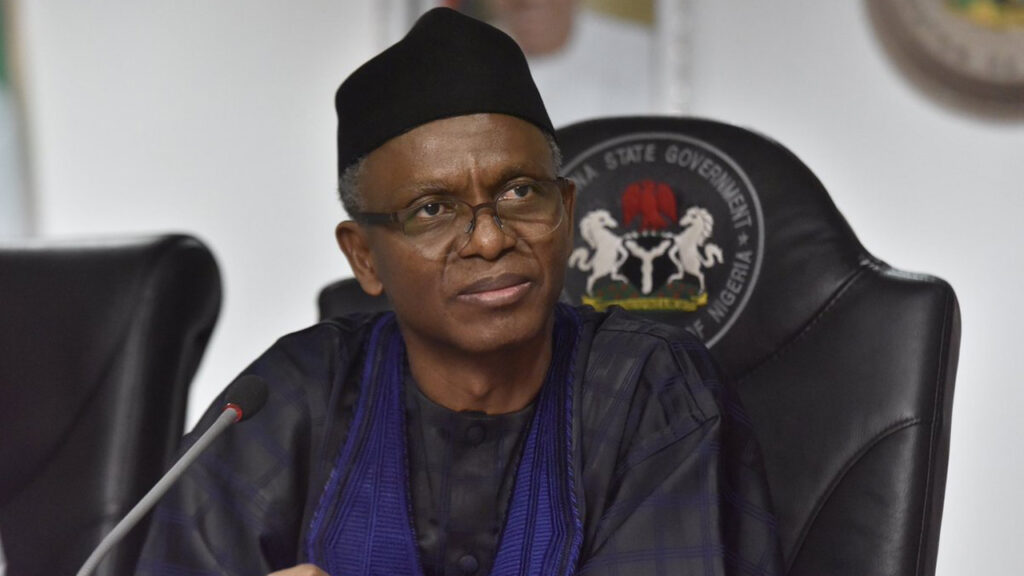
It is on record that Chief Obafemi Awolowo left a sound legacy on the sands of time regarding his socialist principle of welfarism. In this essay, his philosophy of democratic socialism comes to mind as well as his welfarism credentials in Western Nigeria where he ruled as premier.
Awolowo’s type of socialism reminds one of the current experiences in the Scandinavian countries, also known as the Nordic countries (i.e., Norway, Denmark, Finland, Sweden, and Iceland). Like Awolowo, these countries’ leaders have shown that welfarism is possible.
For example, if the 2023 Legatum Prosperity Index is anything to go by, the Nordic countries are leading the world in prosperity dimensionalities. Denmark is on top with 84.55 per cent, followed respectively by Sweden 83.67 per cent, Norway 83.59 per cent, and Finland 83.47 per cent. The fifth Nordic country, Iceland comes 8th with 81.02 per cent.
Moreover, we can rationalize, from the efforts made by other countries of the world to reach the apogee which the Nordic countries have reached and the fact that the latter are still improving in their programmes of bettering the lots of their people, that welfarism has become competitive in the contemporary world.
It is against this background that I want to call on the present Nigerian government of President Tinubu to follow the global trend of competing with the other nations of the world with the propensity of promoting the welfare and happiness of the people.
In the world today, there are pockets of demonstrations by other countries to trail and surpass the Nordic countries’ ideals of sustaining socialism, which Nigerian leaders should emulate.
For example, Switzerland, Netherlands, and Luxembourg (all practising liberal democracy like Nigeria) are remarkably high on the Legatum Prosperity Index, respectively occupying numbers 5, 6, and 7 and beating Iceland to number 8.
Nigeria too can start the journey on a clean slate by ensuring high de-commodification and low social stratification by choice. In line with Awo’s thoughts, it is possible for Nigeria to attain such victories by studying how these countries achieved the feats and within what time frame. Given her massive natural resources and her abundant human resources, Nigeria can put smiles on the faces of her citizens by ensuring their total well-being and happiness.
This is all that Nigerians are demanding from the present government. After all, Singapore which stands at the forefront of Southeast Asia’s new economy, started the journey to stardom and world recognition not long ago and now occupies number 17 on the Legatum Prosperity Index. Singapore today occupies the topmost position above the other 166 countries on the four indices of infrastructure and market access, economic equality, health, and education. It also occupies number four on investment environment.
It is conceded that no country can lay claim to full institutionalization of socialism, but the fact that resounding victories have been recorded by social democrats for the people in the afore-mentioned countries means that Nigeria too can record success.
A critical look at the Nigerian situation today shows that the country is number 142 on the 2023 Legatum Prosperity Index, coming 157th on health, 153rd on safety and security, 146th on economic equality, 138th on infrastructure and market access, 136th on education, 132nd on governance, and 106th on personal freedom.
It is submitted that, for Nigeria to be among the topmost in the world, there is the need for our leaders to braze up in providing welfare packages for the people. If the Nigerian government can exert a conscious effort at phenomenally improving the programmes of bettering the lots of the citizenries, Awolowo’s prediction that “socialism is the only safe and beneficial path” for Nigeria is bound to be a fait accompli. It is for this reason that the present government should emulate the examples of the prosperity victories attained by other countries.
It is further submitted that Nigerian socialists and progressives should come out constantly openly to let the government realise that the irreversible accomplishment of socialism in several countries of the world is a guarantee for its continuity.
The fact that millennial socialists like Jeremy Corbyn of the UK, Bernie Sanders of the US, and the hard-left Jean-Luc Melenchon of France do not shy away from being called socialists despite the several connotations given to the word “socialism” should be a propelling encouragement to Nigerian socialists and progressives to come out of their shells and mount pressure on the government to give socialism support.
In Nigeria, where most people, have been turned into commodities especially during elections and other activities where compromise is possible, our Nigerian socialists should work in tandem to sustain the socialist legacy of Awolowo. The Nigerian socialists and progressives should realise that geeing up the government to fashion out a sustainable feasible socialist scheme for our country Nigeria is part of their job.
In conclusion, Obafemi Awolowo’s awareness of the prosperity indexes as well as his conscious efforts at putting Western Nigeria on top of the indexes, at a time most minds were off the track, makes his memory to reverberate as a successful social democrat.
Our contemporary leaders should be consistently mindful that the top is where Nigeria should stand in the comity of nations. In their thoughts and deeds, they should ensure that the people of Nigeria enjoy life in abundance, prosperity, human resources development, inequality-adjusted human development, and a relatively corruption-free environment.
It is submitted finally that, if Awolowo was conscious of being primus inter pares as a mere regional head during his short stint as premier, making Western Region to tower over all African countries and some European countries, then, our current leaders should be interested in where Nigeria stands today on the global indexes of progress and development.
• Dr. Bode Babatunde, a legal practitioner, writes from Zagreb, Croatia, Eastern Europe.













